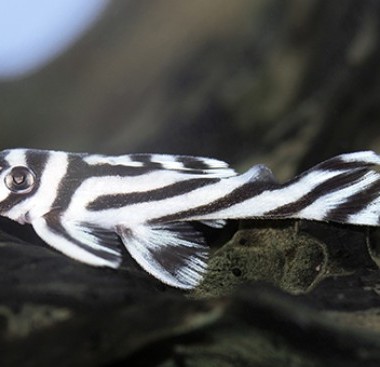Makah Indians Prepare for First Whale Hunt in 70 Years
Opposition lawsuit fails
By: Staff Date: 01/14/2012 Category: | Wildlife Journal |
For the first time in seven generations, Washington State's Makah Indians will hunt gray whales in October, a hunt sanctioned by the US government and opposed by environmentalist activists.
Permission to kill five gray whales this year was granted by the International Whaling Commission at its October 1997 meeting in Monaco when members agreed to let the US and Russia share the gray whale quota. Under the agreement, the Makah get five whales each year through 2002.
Those leading the fight against the tribe include Paul Watson and his Sea Shepherd Conservation Society and US Congressman Jack Metcalf. Metcalf joined environmental groups and a Makah tribeswoman in a suit filed in federal court to stop the hunt on the groudns that federal agencies failed to do an environmental impact study. On September 21, US District Court Judge Franklin Burgess denied the request.
Although indigenous people are allowed to kill whales for subsistence, the Makah have not hunted the sea mammals for two generations, leading opponents to also claim that the hunt cannot be justified for tribal subsistence under the exemption. Publication of Sea Shepherd's plans to disrupt the hunt and the group's persistent vilification of the tribe's whaling council led Washington Governor Gary Locke to call out the National Guard to help protect the Makah from potential violence during the tribe's annual festival in August. Watson then wrote to the governor to say that Sea Shepherd would not demonstrate this year and to decry the use of federal and state money to create a "publicly-funded police state." He chided Locke for assuming that criminal activity would take place at the festival.
"While Sea Shepherd does understand and appreciate the interest of the Governor's Office in preserving the peace, it must be made clear that at no time has Sea Shepherd ever expressed any intention to break any federal or Washington State law in our legal opposition to the Makah whale hunt, " Watson wrote. However, he neglected to mention Sea Shepherd's record of ramming or sinking whaling ships in other nations.
The controversy
Whale hunts were traditional for the Makah for hundreds of years but ceased about 70 years ago when the number of gray whales was seriously depleted by world-wide commercial whaling. The species went from an estimated 30,000 animals to about 3000, is now back to more than 20,000, and is increasing at a rate of about 2.5 percent per year; the tribe wants to resume the hunt out of tradition, economic need, and tribal unity.
Opponents deride the tribe's claims of cultural and spiritual desire and dismiss the existence of a treaty with the US that gives the Makah the right to hunt whales. They say that the Makah cloak a secret desire to return to commercial whaling in talk about their heritage, a claim they bolster by pointing to the support of Japan and Norway for the inclusion of the Makah in the aboriginal whaling exemption. Japan and Norway both support commercial whaling for species that have recovered from danger.
The opposition
The hunt is expected to begin in October. Sea Shepherd and other environmental groups are calling for a flotilla of boats to interfere with the Makah whaling boats, a threat that caused the US Coast Guard to set up a 500-yard exclusion zone to prevent interference and confrontation. Seldom at a loss for alternatives, Sea Shepherd then said it would use a submarine painted to look like a killer whale - a predator on gray whales - to cruise the area and emit killer whale sounds. The submarine could enter the exclusion zone undetected; other Sea Shepherd vessels will be in the area, and another organization plans to place hundreds of kayakers near the whalers' Neah Bay launching point to keep them from reaching the hunting grounds.
About The Author
All Authors Of This Article: | Norma Bennett Woolf |












